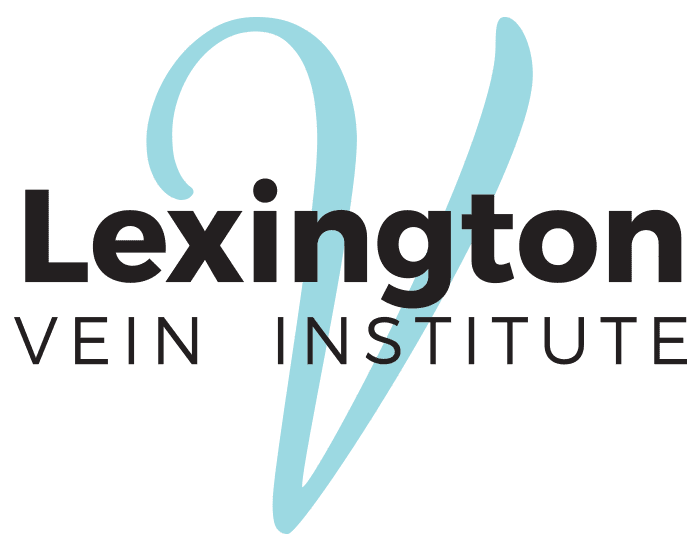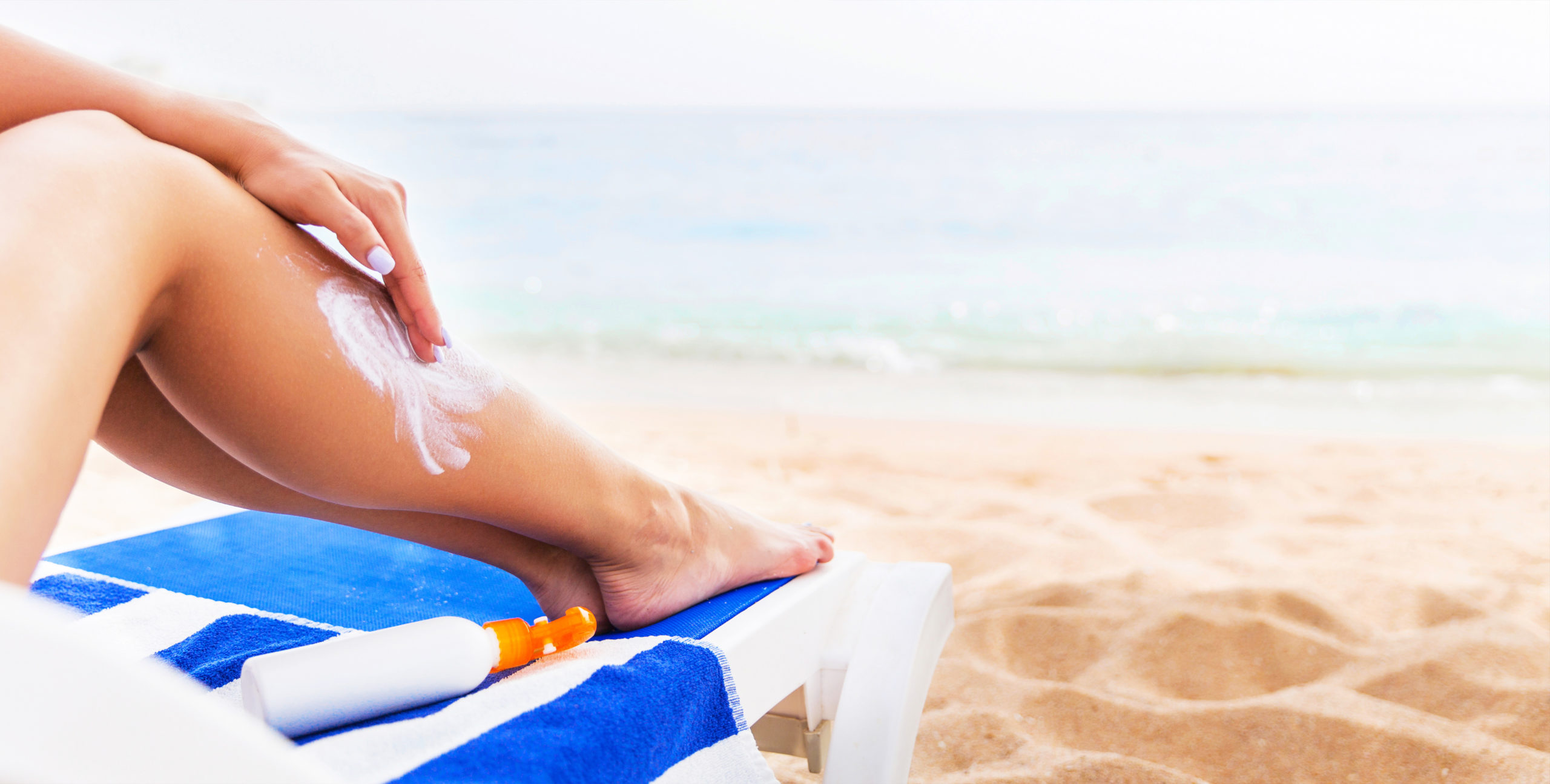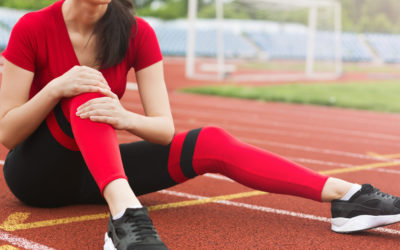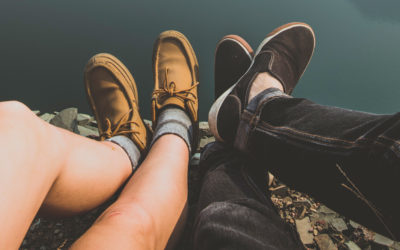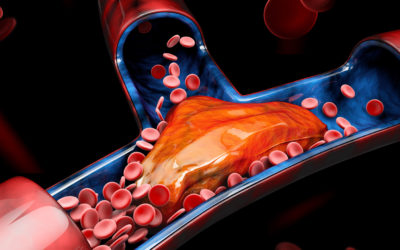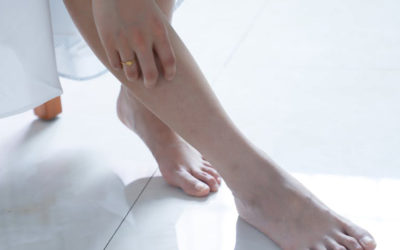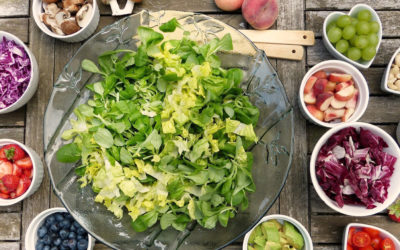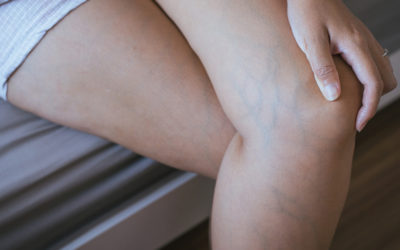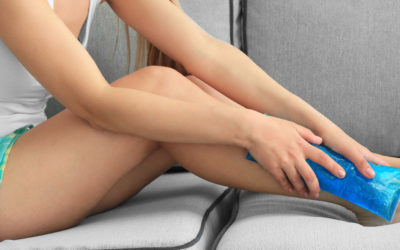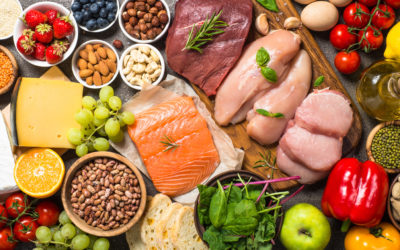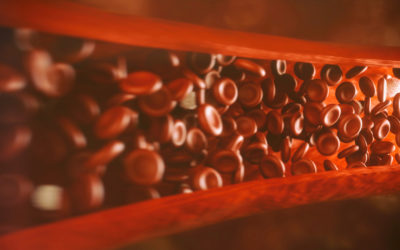Spring is quickly approaching as the weather is getting warmer, and the sun is out longer. While the spring weather encourages us to go outside more, it is also a reminder to others of their legs. Numerous patients with varicose veins normally face a difficult decision as the summer approaches us. Some decide to suffer the heat in long pants or decide to wear shorts, skirts, and short dresses and put their varicose veins on display. Fortunately, there is a better option.
A lot of patients prefer to treat their varicose veins in the springtime. The reason is that the spring months offer enough time for patients to recover from their varicose vein treatment before the summertime hits.
What Causes Varicose Veins?
Varicose veins start to show up when the valves in the legs, feet, and ankles are unable to pump blood back towards the heart. Once these valves weaken, blood collects and pools in the veins causing them to enlarge. Enlarged veins increase pressure in the venous system and lead to varicose veins.
There are several factors that can cause you varicose veins. Some of those common factors are family history, pregnancy, sitting or standing for a long period of time, and weight problems.
Varicose Veins Treatment Options This Spring Season
Lexington Vein Institute offers a wide range of varicose veins treatments that are minimally invasive, allowing patients to recover a lot quicker. Prior to any procedure, Dr. Bacha will map out the exact location of the varicose veins to ensure the best results.
Sclerotherapy
Sclerotherapy is the most seamless and effective treatment option to get rid of varicose veins. Depending on the severity of the condition, sclerotherapy treatment for venous problems can take anywhere from 15 minutes to an hour.
EVLT (Endovenous Laser Ablation Therapy)
EVLT is a minimally invasive treatment that targets affected veins. Dr. Bacha uses this treatment option to seal off affected veins by laser. The collapsed veins get reabsorbed into the body allowing blood to flow through healthier veins.
Phlebectomy
Phlebectomy is a minimally invasive procedure that uses a small scalpel or needle to remove varicose veins that lie just beneath the surface of the leg.
How About The Healing Process?
Following these procedures, patients can return to their normal daily activities instantly. Although, patients should avoid hot baths, saunas, swimming pools, and the beach during the first seven days after treatment. However, this is why spring is the perfect season to treat varicose veins.
Dr. Bacha always recommends wearing compression stockings for the 1st 48 hours after the procedure. Patients can only remove them when they shower. That’s another reason why undergoing vein treatments in the cooler months is a good idea; these tight elastic garments can be uncomfortable in warmer temps.
If you’ve been considering varicose vein treatment, now is a great time to start learning more. Contact the Lexington Vein Insitute to schedule an appointment today. Dr. Bacha and his team can help you understand the treatment options and choose a path of treatment that’s best for you.
